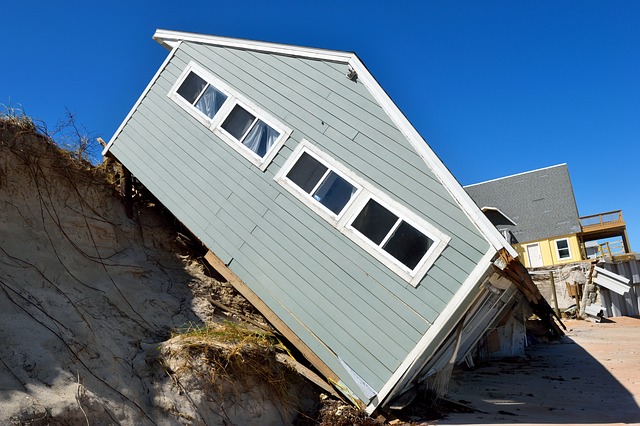A homeowners claim denied under homeowners insurance is due to the following reasons:
Reasons for Homeowners Claim Denied
1. Loss by intention:
Neglecting the care of the home may cause a claim to be rejected since it is an act of carelessness towards the property.
A loss by intention does not necessarily happen when a homeowner damages their house. In some cases, homeowners happen to be in local arrangements with someone else to act on their behalf in damaging their home. If an insurer finds that someone else acted on behalf of a homeowner in damaging their home, a claim is denied.
Your homeowner insurer will deny you a claim in case of loss by intention because you did not exercise the principle of loss minimization. This principle demands you to bestow some responsibility towards protecting your house from suffering risks of loss insured against. Damaging your house intentionally is undoubtedly negligence of the principle of loss minimization.
READ ALSO
Homeowners Insurance Definition, Pros and Cons
Homeowners insurance is a type of property insurance that offers protection to a home that may constitute buildings and what is within the building.

Factors That Affect Homeowners Insurance Premiums
Location, The price of the home, Home’s age, Available security measures & Deductible amount.
2. Wear and tear:
A claim lodged and ascertained to be under wear and tear cannot be indemnified since these insurance policies are taken for sudden unforeseen events that may cause loss.
A homeowner’s insurance cover is used to idemnify you in case of accidental damages. As the name implies, accidental damage is a sudden risk of loss. Normal wear and tear is not something that happens suddenly. For instance, corrosion of your roofs happens over time, and this is just a normal deterioration of your house as you live in it.
Since normal wear and tear of house condition with time lacks a sense of suddenness, homeowners’ insurers will deny the claim made against such. Some homeowners insurers may even highlight some of these normal wear and tear as exclusions when they accept covering your home. So, checking your cover agreement is worthwhile to know if certain normal wear and tear are excluded even before making a claim.
3. Bug infestations:
Taking care of the home is the responsibility of the owner. Since infestations may arise from neglect, they are not eligible for compensation unless they result in a covered risk, such as a rat chewing on live wires, resulting in a fire.
If you fail to maintain your home, you are not exercising the loss minimization principle. Since you are not sealing entry points and failing to keep your house and its environment clean, you are creating a perfect environment for bugs to infest your house.
An insurer will not accept responsibility for your negligence of primary care and maintenance of your home. Others may also exclude covering the bugs and other insects infestation while selling a homeowner’s cover to you.
However, if a bug infestation is sudden, your claim may qualify for indemnification. For example, if a sudden bug infestation poses a health risk to the occupants of a house, you may lodge an insurance claim, and potentially, it could go through successfully.
4. Fraud:
If the insured acts fraudulently to defraud the insurer, any claim made by the insured may be denied.
Fraud can happen in many ways. One of these is the negligence of utmost good faith when buying an insurance cover for your house. According to this principle, you should disclose all information about anything you think can affect the risks of loss. If you hide some details only to disclose them later after the risks of loss, the insurer may deny you claim compensation.
Fraud can also happen when you insure a house you never had an insurable interest in. This means that even though such a house may have been damaged accidentally, this accidental loss does not affect you directly. This is fraudulent because you insured a house in which you have no insurable interest.
Fraud can also happen in case of compromise of the principle of contribution. Here, you may have lodged a claim against the accidental damage to your house and gotten compensation from one insurer. Suppose you try to lodge a claim from the other insurer fraudulently, and they discover you had insured your house with two insurance companies. In that case, they will automatically deny processing your claim.
5. Information non-disclosure:
If the insured withholds some vital information related to the value of conditions of the property, the claim may not be successfully indemnified if the risk insured against occurs. At the time of purchasing the policy, the insured is expected to disclose all material facts about the property fully.
6. Operations under an exclusion clause:
The insurer’s liability may be limited due to some exemption clauses that are not compensated should they happen.
For instance, some insurers exclude risks of loss that emanate from business activities conducted under the roof of the insured house. So, if you are using your home for some manufacturing activities, damages from these activities may not be compensated.
Exclusions may also apply to renting part of your home for Airbnb. If your tenants damage part of your house where they rented, you may lodge a claim and be denied compensation.

